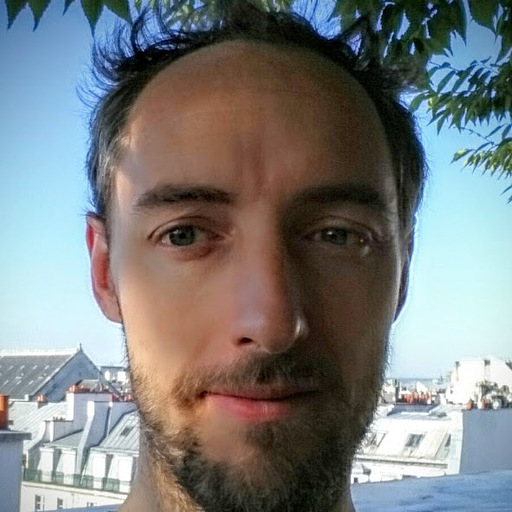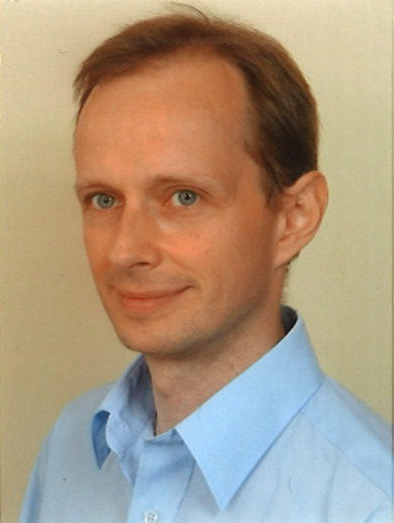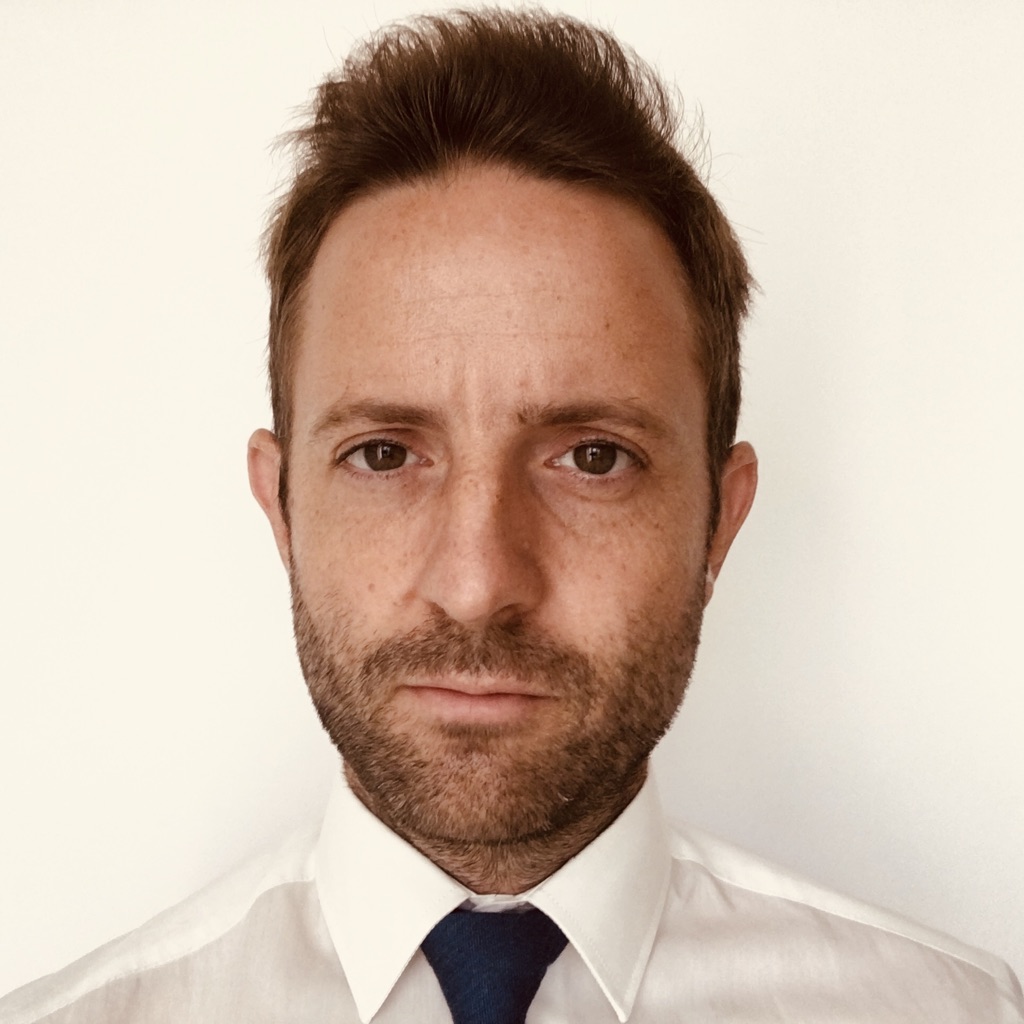Topic
Uplift modeling concerns the data-driven estimation of individual treatment effects for optimizing or customizing decision-making in business.
Uplift modeling is receiving a growing interest, both in academia and industry with growing number of applications in marketing, pricing, learning analytics, operations management, etc.
Uplift modeling draws from both the field of causal inference and machine learning, is closely related to causal effect estimation (conditional average treatment effect, heterogeneous treatment effect, individual treatment effect) but is strongly application oriented. For example, unlike most research on causal discovery, uplift modeling puts emphasis on randomized trials which are commonly available in the industry (e.g. A/B testing), ranking based performance measures and taking into account costs.
A large number of open research questions are still to be addressed and the domain would benefit from both formalization as well as closer integration with the field of causal effect estimation.
The first Uplift Modeling Tutorial and Workshop at ECML/PKDD'22 aims at gathering the uplift modeling research community and will bring together experts from both academia and industry.
The tutorial aims at providing a broad but concise overview of the state-of-the-art in uplift modeling and highlight challenges and directions for future research.
The workshop provides the opportunity for researchers and developers to present new approaches for uplift modeling, business applications and data sets, and to discuss on open issues and connections with related research fields.
An invited talk by Eustache Diemert, Senior Staff Research Lead at Criteo AI Lab at Grenoble, on Uplift Modeling for Online Advertising will kick-off the workshop and provide an industry perspective towards uplift modeling.


